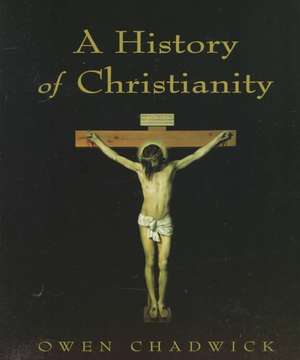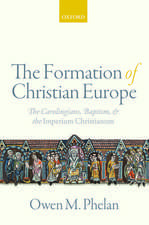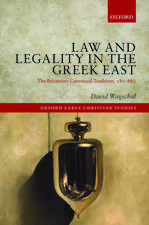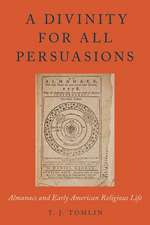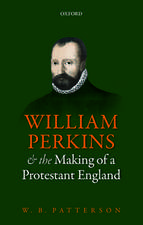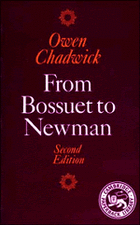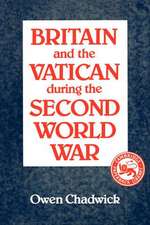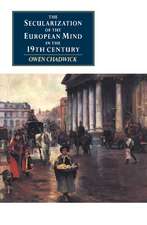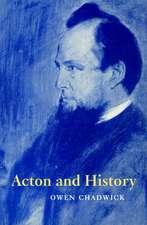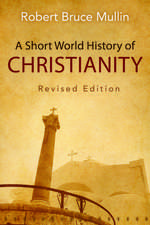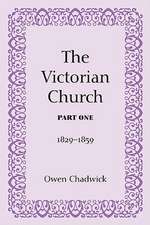A History of Christianity
Autor Owen Chadwicken Limba Engleză Paperback – 31 mar 1998
Preț: 247.84 lei
Nou
47.43€ • 48.57$ • 39.45£
Carte disponibilă
Livrare economică 25 februarie-11 martie
Specificații
ISBN-10: 0312187238
Pagini: 304
Dimensiuni: 213 x 277 x 20 mm
Greutate: 0.73 kg
Ediția:Us
Editura: St. Martins Press-3pl
Notă biografică
Textul de pe ultima copertă
Cuprins
INTRODUCTION
CHAPTER 1: JEW AND GREEK
The Jewish inheritance
The religions of the non-Jews
The Christian way of life
CHAPTER 2: THE CHRISTIAN EMPIRE
The end of persecution
Monks and nuns
Saints
Time
The conversion of the northern tribes
CHAPTER 3: EASTROME
Constantinople
The law
Tradition
Mount Athos
The mystics
The effect of Islam
CHAPTER 4: WESTERN SOCIETY IN THE MIDDLE AGES
Popes
Society and religion
Architecture
The parish system
Confession
The Holy Grail
Cruelty
The imitation of Christ
The last of the Middle Ages
CHAPTER 5: THE NEW WORLD AND REFORM
The Americas divided
The East
Reform
The oratorio
Catholic reformation
Wars of religion
The Baroque
Bayle and Voltaire
Changes in Christian ideas
CHAPTER 6: THE MODERN ACE
The French revolution
Industry and the churches
The modern hymn
The 'end' of slavery
The shrinking world
Socialism
Conscience and war
The cold war
China
India
The decline of faith in Europe
Liberation in Latin America
Fundamentalism
Africa
Next?
CHRONOLOGY
FURTHER READING
INDEX
